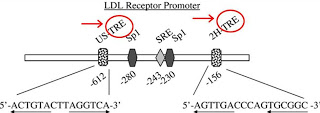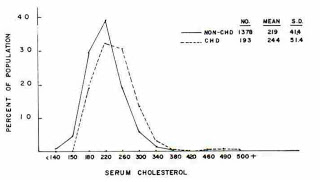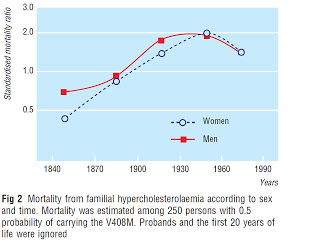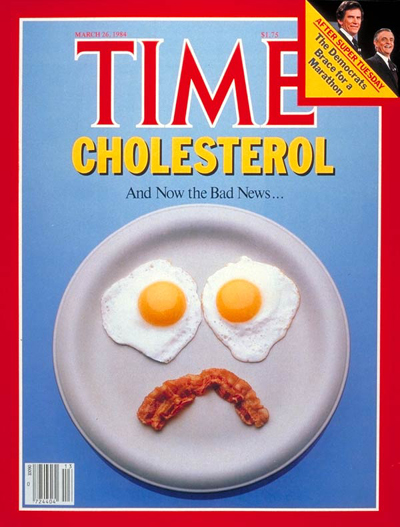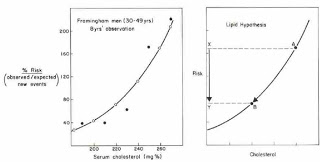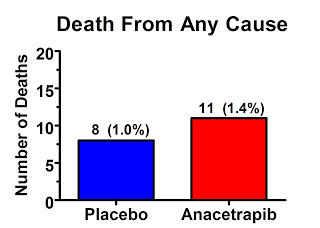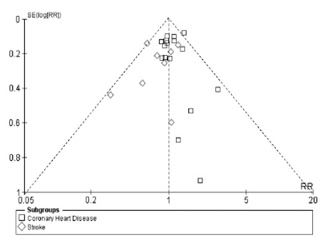In “Genes, LDL-Cholesterol Levels, and the Central Role of LDL Receptor Activity in Heart Disease,” as well as my most recent presentations at Wise Traditions and AHS, I described the overwhelming genetic evidence for the theory that LDL receptor activity centrally governs the risk of heart disease and the large amount of other evidence from …
